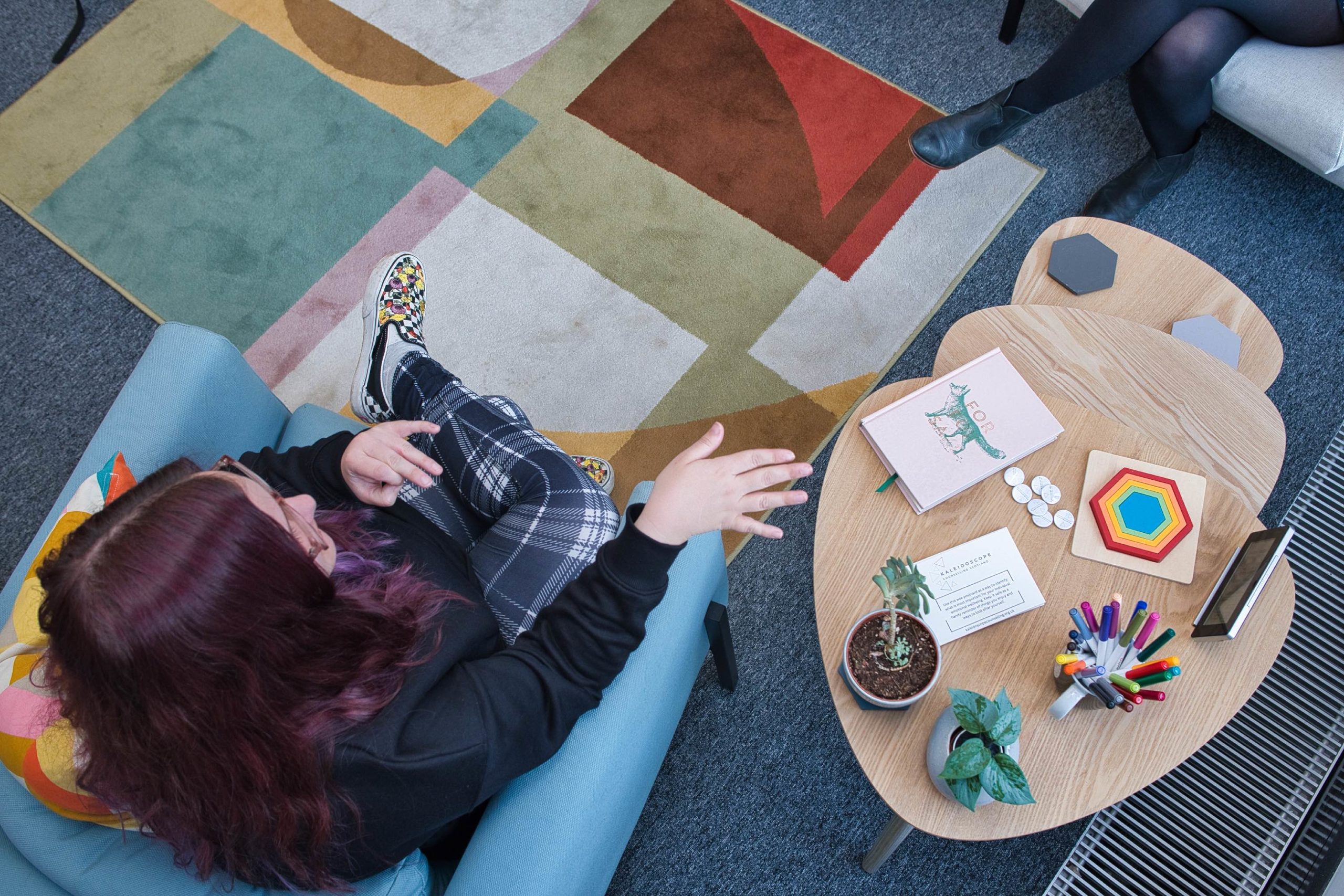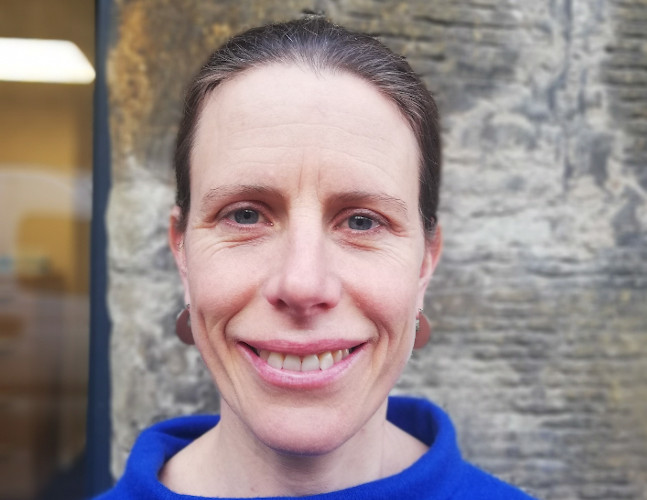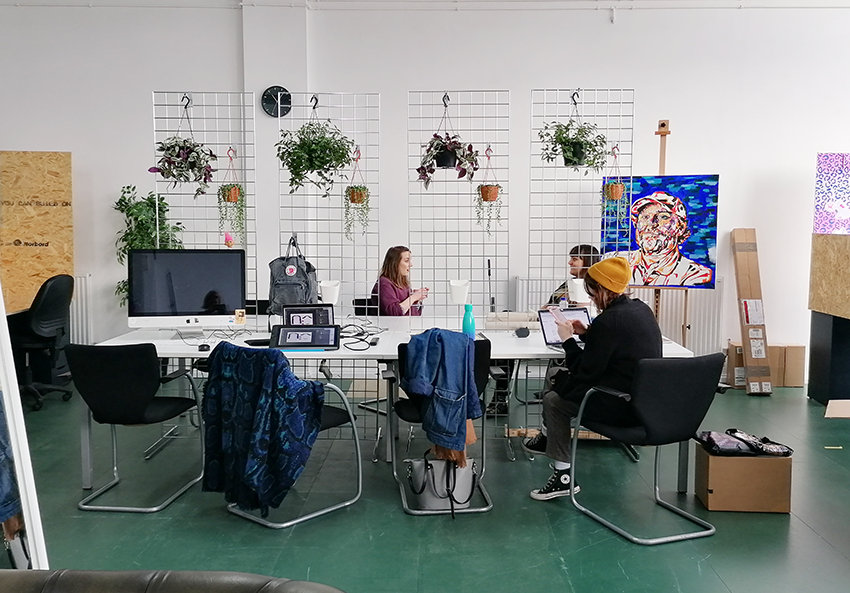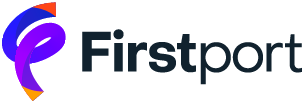Our ambitions to 2030: Building progressive working practices
In this latest instalment of our Strategic Ambitions to 2030 series, we talk about how we are challenging traditional working practices.
We have been on a journey towards building an intentionally progressive working culture since 2020. Our ambition for 2030 is to be an employer that challenges the traditional ways of doing business.
Progressive working practices
A progressive employer is a term that has become more commonplace post-pandemic. It describes an organisation that uses effective approaches to staff engagement and promotes employee well-being.
A quick Google search of the term outlines the characteristics you would expect: fair recruitment practices, a culture of openness, flexible working opportunities and prioritisation of employee well-being. However, there is one that, in our experience, holds the key to advancing all of these: Adaptability. Progressive employers embrace change and adapt in response.
This rings true for us. The changes that we have made over the last four years have been in response to our team’s changing needs, their input and the needs and wants of those we work with and for.
Through trial and error, we have built a model of working in which everyone is trusted and empowered to tailor their own working patterns in a way that enables them to perform their role to a high quality, meeting the needs of team members and clients whilst prioritising their happiness, health and wellbeing.
The model is flexible. Patterns can be formal and set in stone (e.g. condensed hours and the same every week) or in response to personal priorities that arise on an occasional basis.
How it started
It all began with the pandemic. We went from being primarily in the office 9-5 Monday to Friday to working from home and on different working patterns based on our personal circumstances.
Realising that these new ways of working had, on balance, been positive and productive and that the desire from the team to go back to ‘normal’ was low, we decided to broaden the conversation to create a new model of working at Firstport based on freedom, autonomy and trust. We called it ‘The Future of Work’.

Guiding principles
As we embarked on this process, which was spearheaded by our now Chief Executive, Gael, and inspired by the work of organisations such as Corporate Rebels and Flexibility Works, we set out some guiding principles:
- There won’t be a one-size-fits-all solution. The aim has never been to find one way that worked for everyone. Instead, the aim was for everyone to self-manage their way of working within an agreed model.
- Progress through trial and error. We took the time and space to experiment, try things, reflect on what worked well and acknowledge the things that didn’t. This was to ensure that gains made by one person or team were not made at the expense of others and that we continued to deliver on programme commitments, strategic objectives and charitable aims.
- Freedom and trust. A progressive organisation trusts its staff, their qualities, skills and talents and removes the need for management, supervision, control or unnecessary rules. We trust that each team member is committed to delivering the highest quality work for our clients, so we don’t need to mandate where, when and how they do their job.
- A nothing-is-off-the-table attitude towards requests. Whenever a staff member requests a change to their working pattern or adaptations to their ways of working, the default has been to say yes and try to work out how to make it happen rather than focusing on the barriers that would prevent the new arrangement from working.
How it’s going
We can confidently say that the journey so far has led to some positive outcomes:
- More team members are adapting their patterns and working flexibly. While traditionally flexible working patterns benefit parents and those with caring responsibilities, now more staff are working flexibly to balance their lifestyles or health.
- We’ve focused on practices rather than policies. Becoming a more progressive employer could have become hugely cumbersome and bureaucratic. Instead of developing policies and procedures for every eventuality, we introduced ‘day-to-day working practices’ as part of our staff handbook. In it, we encourage staff to use common sense, look after themselves and take pride in their work. In practice, this means that our team can take breaks, attend appointments or participate in physical activity during the ‘traditional’ working day without asking for ‘permission’ or through a lengthy approval process.
- As set out in law, we have a formal flexible working policy, but we have found that our ‘day-to-day working practices’ have made it largely redundant.
- We introduced enhanced maternity pay and up to five days of paid time off whilst undergoing IVF treatment and appointments.
- We’ve introduced a new staff support structure. A traditional approach to staff appraisal and performance doesn’t align with a progressive working culture like ours, so we developed a new framework based on expectations, feedback and personal development.
- We now conduct an annual staff survey which includes the employee Net Promoter Score (eNPS) metric as part of the survey for the first time this year. Our current eNPS is 53.
Learning as we go along
The journey so far has not been linear or plain sailing. There have been plenty of learnings along the way, and there are some areas we haven’t quite got right yet. For example:
- We needed to be explicit and communicate the parameters around autonomy and responsibility. We started using these words and expected everyone to be pleased. But it induced nervousness. Staff were concerned about the consequences of making a decision that panned out to be wrong. We have learned that we need to explain that support structures remain in place, that managers and the Leadership team are there for support, advice and guidance but not to tell others what to do.
- We ended up using too many tools. We all learn differently and there are many ways to organise our work in the digital age. In our pursuit of freedom and autonomy, we encouraged people to use the tools that worked best for them and ended up being victims of having ‘too many tools’. While we still want our team to have the choice to use the tools they want for their own workload, we are reviewing and deciding which common tools and platforms we want to use as a team.
- We haven’t yet found the balance between working from home and working from the office. People thrive in different environments, and while some members of our team love the buzz of being in an office and having impromptu chats with their colleagues, others find these interactions distracting and prefer quiet, focused work.
We have an office in Edinburgh that we encourage teams to use, but attendance (which is optional) is still lower than we would like. This is not because we think people need to be in the office to do their job well but because we know that having in-person interactions can help build stronger connections, encourage collaborations and create solutions we wouldn’t get to otherwise.
The proof is in the pudding
But are all these measures and changes making a difference? We asked our team to tell us how they felt our working practices make working at Firstport better, and our colleague Sinead stepped forward to share her experience:

From the very beginning, (nearly 5 years ago now!), Firstport has been a super flexible employer.
When I applied for my job, they were looking for someone to work 14 hours per week, which traditionally would mean 2 full days. After a career break, I was keen to get back into work, but with a disabled son and no after-school childcare, I needed the flexibility to work school hours, so 9.30 am-2.30pm over 3 days.When I asked if this was possible, they didn’t even bat an eyelid. This enabled me to get back into employment with the confidence that my working pattern would fit my caring responsibilities and family commitments.
When COVID hit, we all retreated to the safety of our homes. We’re now working from home by default, and this gives me an even greater degree of flexibility – to attend school and medical appointments for my son, to work on the additional paperwork that comes with having a child with additional needs, and to take some much-needed time out in the middle of the day to recharge.
The school holidays present an additional challenge as the provision of holiday childcare for children with additional needs is under threat. Again, being able to self-manage and adapt my working patterns means I can bank hours in advance and make up hours retrospectively, as needed.
The best part about the way we work is that I am trusted to get the job done in a way that works for me, the rest of my team and our clients.
In my 25 years of working life, I have never worked for such a flexible and supportive employer. It makes me feel valued and respected and motivates me to squeeze as much as I can into my 14 hours/week!
Sinead Reynolds, LaunchMe Programme Officer
Sinead’s experience is one example of how our ways of working enable our team to fit work around their lives and not the other way around.
Currently, 2/3rds of our team have formal flexible working arrangements (compressed hours, part-time, term-time, etc,.). However, the whole team engages in and is encouraged to work flexibly on an informal basis. For example, during the summer months we have encouraged our team to log off early (if they can and want) on a particularly sunny day to make the most of the weather. Another example would be saying yes to helping on a school trip in the middle of the working day, and then making up that time in the evening or the next day.
What’s coming
We have made huge progress over the last four years, and our supportive working practices are an important part of a culture that we work hard to protect.
We are committed to leading in challenging existing working practices and showing what’s possible. However, we will do it at a pace our team is comfortable with. We are on a journey, not a sprint.
These are some of the areas we are currently working on:
- Monitoring and improving our eNPS score. Our current eNPS score (53) is considered excellent, and we see this as a testament to the work we have done to date. We want to keep it that way, so now that we have a baseline, we will ask our team to score us quarterly. By monitoring it regularly, we can ensure that we are moving the needle in the right direction. If we are not, we can address issues early.
- Providing more progressive moments for staff. Bringing the team together in meaningful ways remains crucial to cementing our culture. We have monthly team meetings, quarterly staff days and staff socials. These sessions help us come together as a team and build cohesion. However, bringing people together is not enough on its own. We are committed to exploring how we can do this better.
- Enhancing benefits and policies. The staff survey results showed the areas we can improve on. These include enhancing sick pay, offering length of service benefits and health and well-being perks. The Leadership Team is forming a plan of action to address the feedback and further improve how we support the health and well-being of our team. We are committed to doing this every year as we know this work will never be complete.
We want to attract and retain the best talent from all backgrounds, abilities and lived experiences. A progressive and flexible working culture can help us achieve this because it can accommodate a range of needs and allow everyone to bring their whole selves to work.
Challenging traditional ways of doing business
We are confident that if we continue this trajectory, we can build a team that feels valued, empowered, respected, and as Sinead said, motivated to do work that they feel proud of and serves the needs of our clients.

The key, as we said at the beginning, lies in keeping our finger on the pulse by listening to our team, being open and responsive and looking at other examples in and beyond Scotland.
Vitally, we will continue to be brave, challenge traditional working practices and the notion of “this is how we’ve always done it here”.
